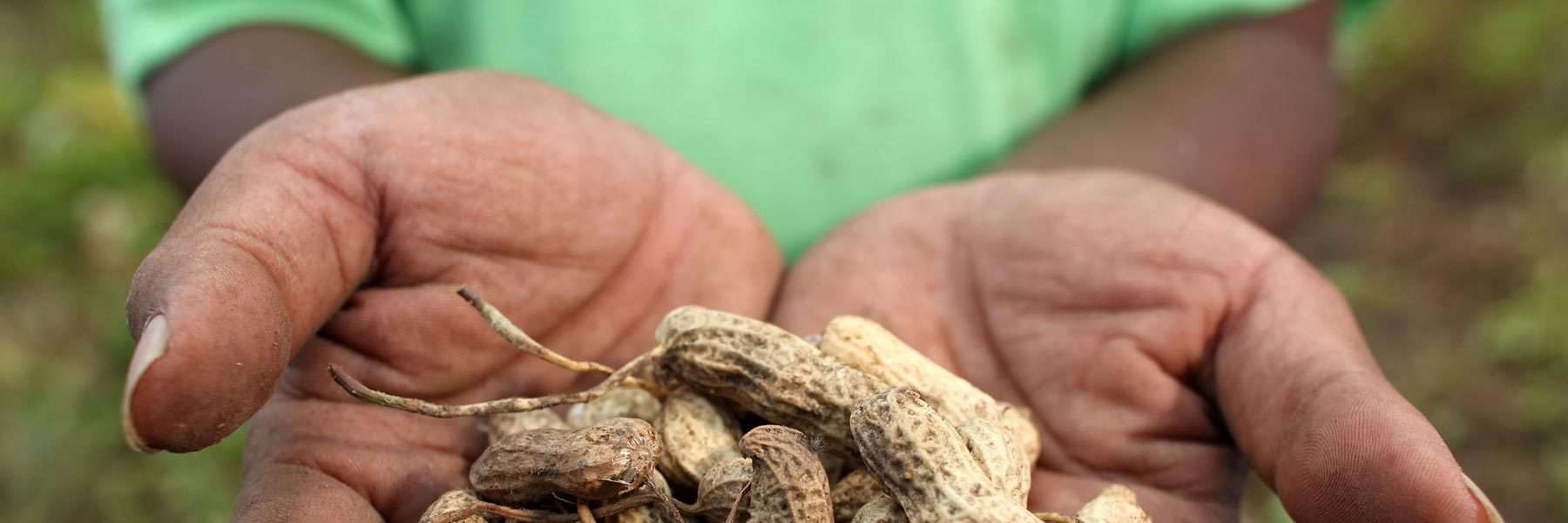Why I Farm: Reflections on my absurd career choice
By Laura Fash
I never thought I would be a farmer. A lifelong urbanite, my closest encounters with agriculture were my grandpa’s stories about growing up on a dairy farm and blasting by backroad acreage on my dad’s motorcycle. I had zero interest in rural life and couldn’t keep a cactus alive, let alone crops.
Imagine my family’s surprise when my first year out of university launched me into a whirlwind of radical climate activism and a three-month remote meditation training program before landing at an apprenticeship on an organic mixed vegetable farm. Now, I can’t imagine doing anything else.
To those who farm, it’s obvious why we do – but to those less familiar, “why do you farm?” is certainly a puzzling question. You’ll hear common chuckles of “well, it’s not the money!” at weekend markets. Couple that with a reputation for twelve hour workdays and backbreaking labour, worsening career prospects and an accelerating climate crisis – farming starts to seem downright absurd.
It’s worth fully appreciating the odds that are stacked against today’s young farmers:
From the National Farmers Union’s 2019 report:
- Canadian farm debt is at a record $106 billion, having nearly doubled since 2000.
- Rising costs for fertilizer, fuels, machinery and other inputs now drain away 95% of gross farm incomes to extractive agribusiness corporations, leaving farmers with just 5%.
- Facing unendurable economic and political pressures, Canada has lost nearly a third of its farmers in a single generation; young farmers are being pushed out twice as fast.
- Canada is on track for 3 to 6 degrees C of warming in the next 80 years, bringing with it a barrage of new pest pressures and swings of extreme conditions like flooding, droughts, fires, and freezes. Predictability is a farmer’s best friend, but from here on out, every year on the farm promises radical uncertainty.
Taken together, this is the reality of the new agrarian gamble. The question becomes, why would anyone in their right mind take it?
For me, the answer is simple: I farm because it’s needed.
Farmers are needed because food is the foundation of any livable future. Beneath emissions reductions, political battles, medical and technological breakthroughs – none of it can happen without a steady supply of food, three times a day. As it stands, Canada’s 25,000 young farmers are far too few to sustain a thriving agriculture sector in just a few decades’ time. Learning to farm now and supporting young farmers are among the most important investments we can make in our future communities.
Farmers are needed because transforming agriculture is essential to climate action. Globally, agriculture is responsible for roughly a quarter of total GHG emissions, and without transforming food systems, we cannot keep warming to the IPCC’s 1.5C line in the sand. As it stands, agriculture is excluded from most binding climate policy around the world – even though farming was low-emissions for 99% of agrarian history, and can be again. Until we get back to feeding the world sustainably, the planet will continue to barrel faster towards climate chaos and those least responsible will suffer the most.
Farmers are needed because at the root of our global unravelling is a separation of humans from nature – not just metaphorically, but economically. Now more than ever, we need people living on land, apprenticing to vitality and remembering how to re-integrate ourselves with ecosystemic flows. When I farm, I learn how life emerges from seasons, pollinators, nutrient availability, biotic community – and I tie my livelihood to it, so that I also depend on the material balance. There has never been a more critical time to amplify that knowledge and re-build social systems around it.
So despite the odds, I farm – because it’s my best bet at being of service in this particular time of being alive.
That said, let’s be clear – what I choose to do with my life will never change the world.
To deal with today’s onslaught of global crises, what we need is systems change – in the food system, things like agroecological production, regionalized food and seed sovereignty, indigenous reconciliation and reversing the financialization of land. Being part of a collective voice matters the most, so that we can intervene at the scale of necessary change.
That’s why I’m so proud to be working with the National Farmer’s Union as a Climate Change Coordinator in BC. Farmer-led and democratically-driven since 1969, the NFU has been the through-line for generations of Canadian farmers from on-farm values to nationwide solidarity and bold systemic advocacy. From championing supply management to protecting seeds and co-founding the 2-million-strong La Via Campesina international movement for peasants land rights – the NFU has a half-century track record of unwavering commitment to the well-being of farmers and the broader public good.
As a young farmer, I feel immeasurably lucky to have the NFU’s legacy and leadership speaking to issues that will define my future. In 2019, they published the groundbreaking report ‘Tackling the Farm Crisis and the Climate Crisis: A Transformative Strategy for Canadian Farms and Food Systems’, a first-of-its-kind roadmap towards restoring a Canadian agriculture sector that can work for farmers and planet.
For all the absurdity of choosing to farm in 2020, I ended up here because I believe it can answer the call of a world in crisis. Farmers may be few and far between these days, but we’re coming together in organizations like the NFU to be louder – because it’s leadership from land that can inform a life-sustaining way forward. It’s time we are heard.
In the coming weeks, we will be sharing the stories of our fellow young farmers, and pieces of the incredible ‘Tackling the Farm Crisis and the Climate Crisis’ report, to bring climate to the forefront in BC agriculture. This work is just beginning – join us and farmers across the country at nfu.ca/join


